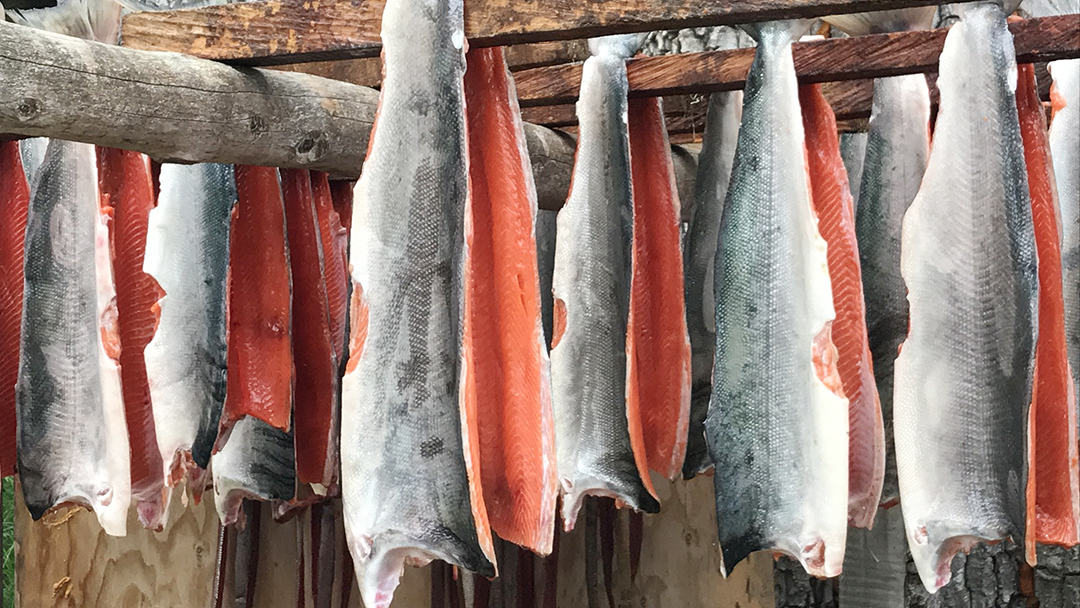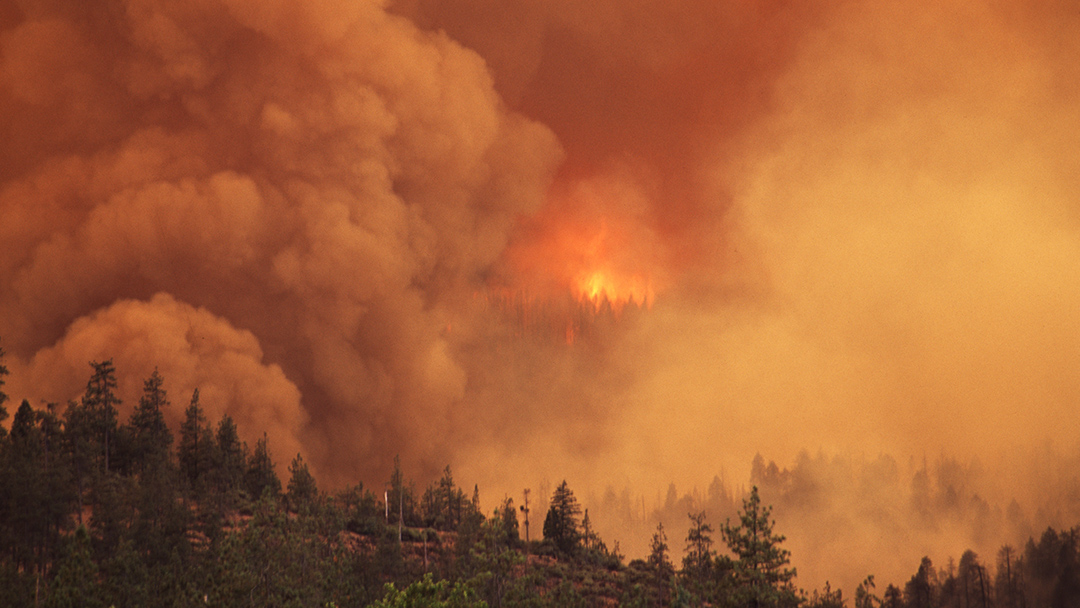
Cardiorespiratory and mental health impacts of Alaskan wildfires
Principal Investigator: Micah Hahn
Funding sources: NSF EPSCoR, Bloomberg American Health Initiative
Status: Completed
News Stories: Read more from the Revelator,
Research Article: Read the full article
Through both quantitative and qualitative research designs, we assessed the health
impacts associated with wildfires in Alaska. We conducted the first assessment of
the cardiorespiratory health impacts of exposure to wildfire smoke in Alaska through
a retrospective analysis of emergency department visits and particulate matter from
recent wildfires. This modeling work can support the development of appropriate air
quality thresholds for issuing warnings for vulnerable groups in the state.
We also assessed the mental health impacts, coping strategies, and service gaps during
the 2019 wildfires through a series of one-on-one interviews and focus groups with
individuals, first responders, and behavioral health providers in southcentral Alaska.
This work identified the primary mental health issues as well as the most feasible
and actionable interventions to consider moving forward.
















 Evaluation Planning for Recovery Generation for Pregnant & Postpartum Reentrants
Evaluation Planning for Recovery Generation for Pregnant & Postpartum Reentrants Alaska Alcohol Abuse Prevention Strategies: Assessment of Assets and Gaps
Alaska Alcohol Abuse Prevention Strategies: Assessment of Assets and Gaps COVID-19 in Remote Alaska
COVID-19 in Remote Alaska